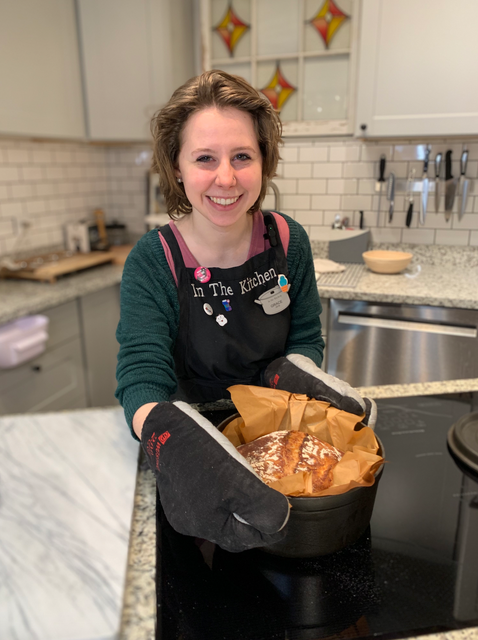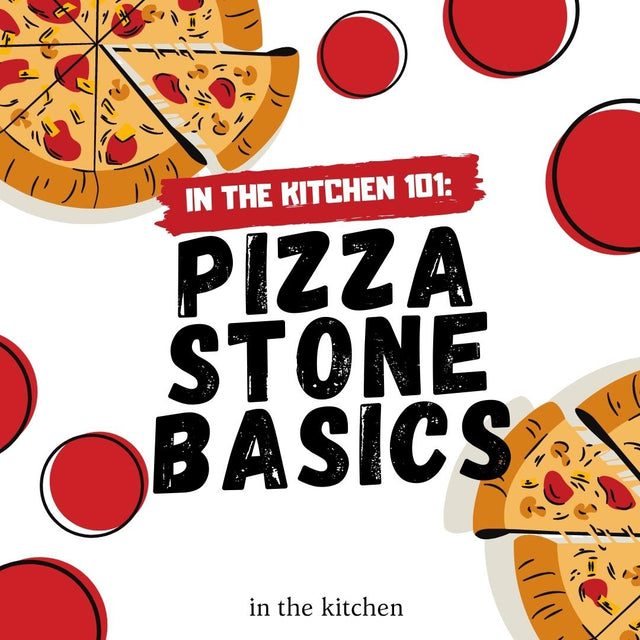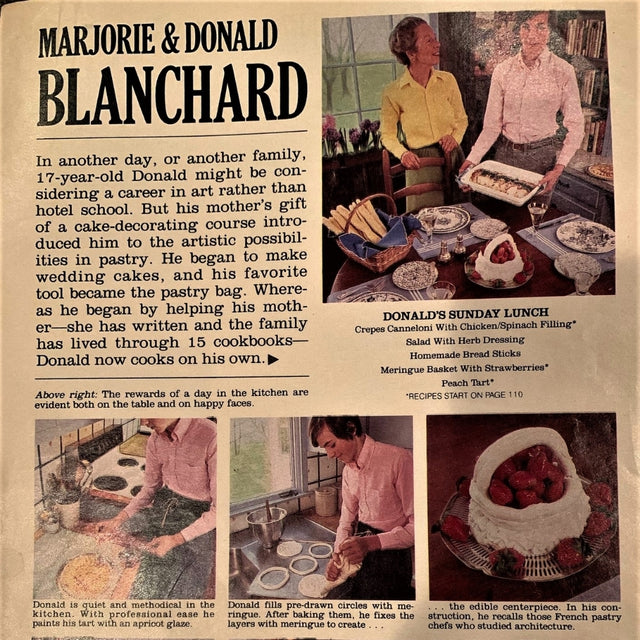Olive Oil cake (adapted from Dorie Greenspan’s French Yogurt Cake)
Makes one 8.5 x 4.5” loaf or 8” pan, double recipe for a 9 x 13” pan.
Ingredients
-
1 cup white sugar
-
2 blood oranges, 1 large navel orange or pink grapefruit, or 3 lemons
-
1-1/2 cups all-purpose flour
-
2 tsp baking powder
-
1/4 teaspoon Diamond Crystal kosher salt
-
1/2 cup plain, whole milk yogurt (not low fat and not a strained yogurt)
-
3 large eggs
-
1 teaspoon pure vanilla extract
-
1 teaspoon lemon paste
-
1/2 cup Olivelle Blood Orange or Sicilian Lemon Olive Oil
-
Preheat the oven to 350 degrees. Generously grease the pan with butter or line with parchment paper
-
Put the sugar in a mixing bowl. Zest the fruit directly over the sugar, then rub the zest into the sugar until the sugar is moist.
-
Peel and supreme the fruit into segments, then rub the segments to break up into vesicles. Blot vesicles dry on paper towels while you make the batter.
-
Whisk together the flour, baking powder and salt in a separate bowl.
-
Whisk the yogurt into the zest and sugar, then beat in the eggs one at a time to form a smooth mixture. Whisk in the vanilla extract and lemon paste.
-
Add the flour mixture to the yogurt mixture, then slowly stir in the olive oil and then the fruit pieces. You should have a smooth, shiny batter; pour it into the loaf pan, making sure to get it into the corners, and smooth the top.
-
Bake on the middle rack, 50 to 60 minutes for a loaf pan and 40-50 minutes for an 8” pan, or until the cake is golden brown and starts to pull away from the sides of the pan and a tester inserted deep into the center of the cake comes out clean.
-
Cool cake for 5 minutes on a rack, then invert it to dislodge it from the pan. Turn the cake right side up on the rack; cool to room temperature. Store covered at room temperature for up to 5 days.
* Olivelle Oils & Vinegars are currently being sold in store only. Visit us at 1725 Penn Avenue to sample.









